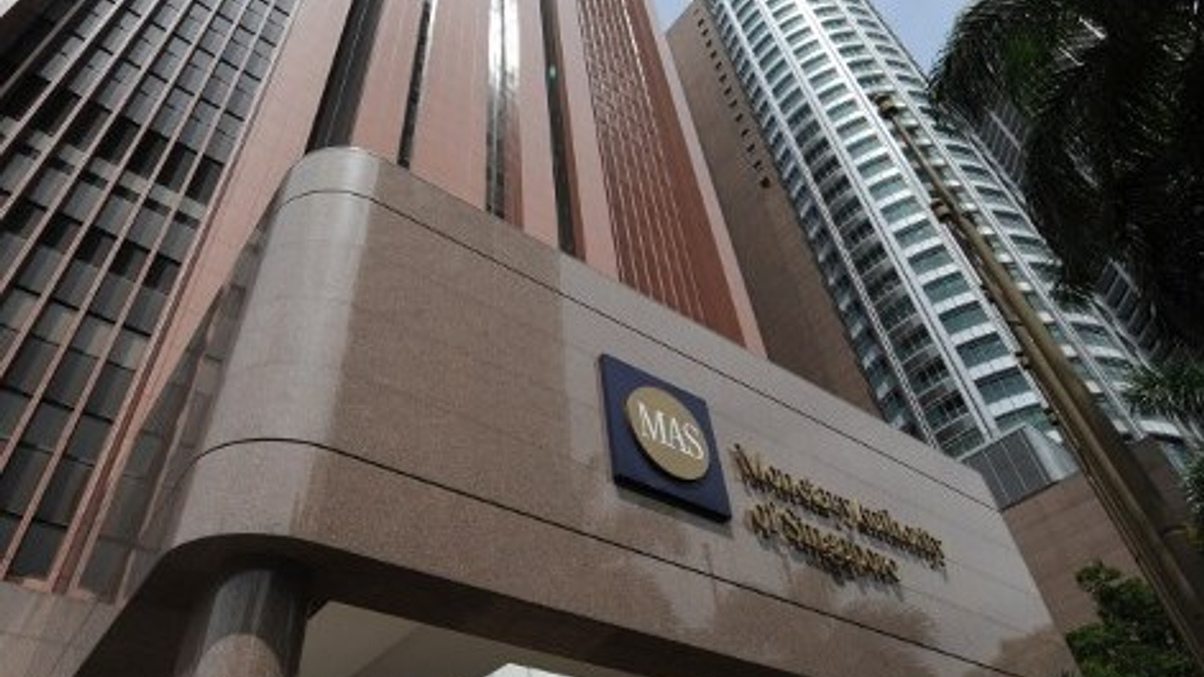Singapore includes RMB assets as foreign reserves
The Monetary Authority of Singapore is the first central bank to assign renminbi assets as foreign reserves. Other central banks are tipped to follow suit and boost their RMB investments.

The Monetary Authority of Singapore (MAS) has become the first central bank to designate renminbi-denominated assets as part of its $247 billion of foreign reserves, after recent moves by China to open up its interbank bond market (CIBM).
Sign in to read on!
Registered users get 2 free articles in 30 days.
Subscribers have full unlimited access to AsianInvestor
Not signed up? New users get 2 free articles per month, plus a 7-day unlimited free trial.
¬ Haymarket Media Limited. All rights reserved.


